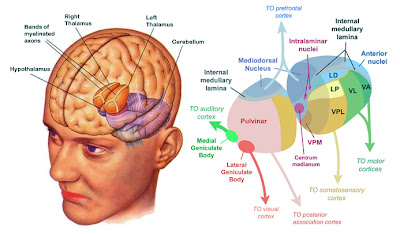Bladder cancer prognosis is a medical opinion about the possibilities and outcomes of bladder cancer. usually people affected by bladder cancer want to know their prognosis of bladder cancer.
They can ask for help clinicians to determine the prognosis of bladder cancer or seek their bladder cancer statistics alone.
There are many factors that can affect a person's prognosis of bladder cancer. several factors that influence the bladder cancer prognosis are as follows:
- The type and location of bladder cancer
- Stage of disease (the extent to which the cancer has spread, or spread)
- Age, general health, and response to treatment
- Its grade (how abnormal the cancer cells look and how quickly the cancer is likely to grow and spread)
It is important to remember that the prognosis is only a prediction, and the doctor can not be absolutely sure about the outcome for a particular patient.




